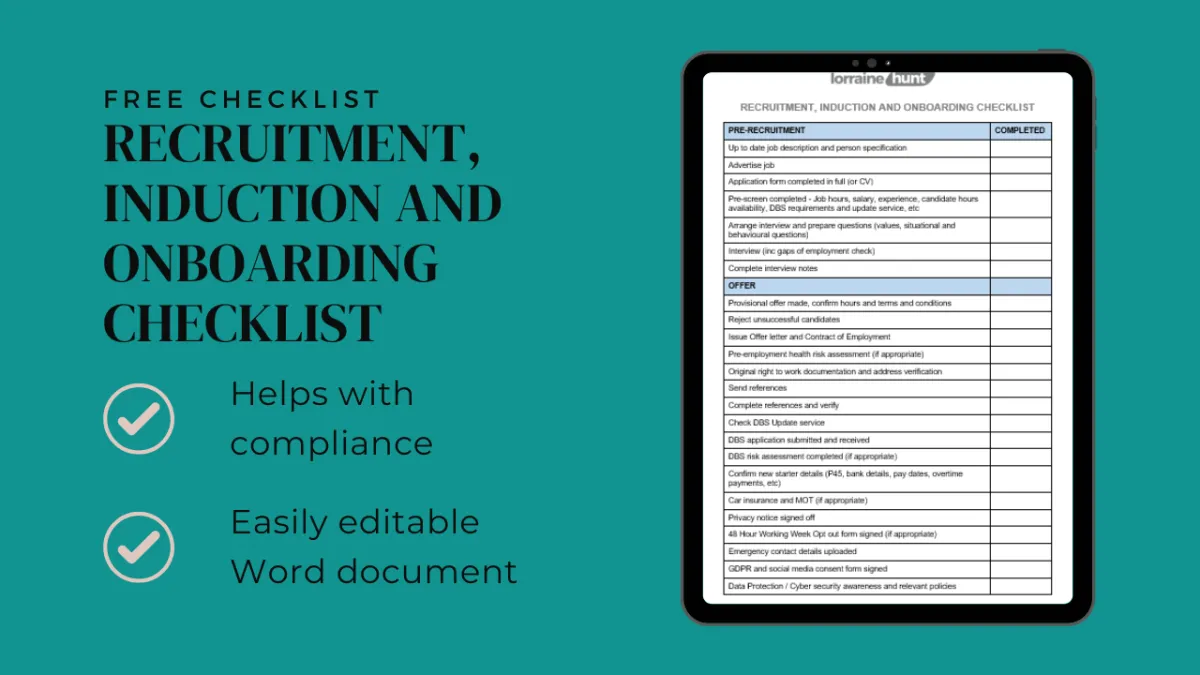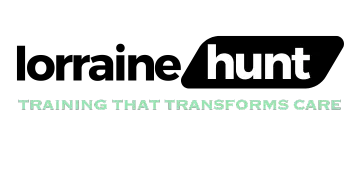Learning time
HOME CARE ARTICLES

Navigating the employee feedback dilemma: pulse surveys or annual surveys for your care business?
“Your employees will never care about your business until you first show them you care about them.” - Simon Sinek
Carers are at the heart of everything you do so what they think is really important
In the vast landscape of managing employees, understanding what is really going on in your team is crucial. Employee surveys are like a heartbeat monitor, reflecting the health of your care business and ultimately impacting the care that is provided to your clients.
But here's THE question – do you go for the traditional annual check-up, or opt for more frequent pulse checks?
After all, what your employees thought six months ago may be very different today.

Let's work out what type of employee survey works best for your home care business! 👊
Employee surveys 101: Annual Surveys vs. Pulse Surveys
Annual Employee Surveys: The Annual Check-Up
Imagine your business as a patient, getting a comprehensive health check once a year.
Advantages of annual employee surveys:
It's thorough, providing a deep dive into your team's engagement and satisfaction levels. It allows you to understand trends and patterns with your processes, your employee happiness or whatever it is you are focusing on measuring
Allows you to put in place strategic plans to address issues your care staff have highlighted; to set goals or even implement changes that can positively impact your carers, your clients and your business.
Completing surveys once a year is not so resource driven as collating together all the responses more frequently and allows you to focus on other initiatives for the rest of the year.
Disadvantages of annual employee surveys:
Waiting a whole year for employee feedback isn’t great, and certainly wont help with your carers wellbeing. It means you may miss some vital information that can make or break you as a care business.
If a significant event occurs just before your surveys, for example a major safeguarding issue, then it might impact the responses you receive and not provide a true reflection of what is going on.
It might hinder your ability to quickly adapt to emerging concerns.
Pulse Surveys: Just like checking the vital signs
Think of it as taking your business's pulse regularly – quick, short, frequent check-ins.
Advantages of employee pulse surveys:
Immediate feedback, meaning you are more quick to respond to issues, like regular wellness check-ins that could be quick and easy to implement.
Increased employee engagement by showing your commitment to listening AND taking action (if appropriate of course!). If opinions are valued, it can lead to a more connected workforce.
Disadvantages of employee pulse surveys:
Done too frequently, people get a bit fed up completing them. That means less thoughtful responses and maybe just even tick box exercise.
Might not capture the real issues if the survey is too narrow in focus.
You may knee jerk react to the results and put in place a solution that is not well thought out or strategic in nature.
Choosing the right type of survey

In the fast paced world of home care (or even care homes), every moment counts, so what survey suits you best?
After all, an employee survey should be used as a diagnostic tool, right? So, what works for you and your home care or care home business may not be suitable for others.
Frequency COUNTS: Only seeing your doctor once a year (if you can get that appointment when you need it) – what might be missed in between?
Adaptability: Like a GPS, pulse surveys adapt to the twists and turns of your home care business journey. Get the destination wrong and you might just end up in the middle of a field, lost and confused.
Personalisation: If annual surveys are like general health check-ups; pulse surveys are your bespoke fitness plan. You might even need a bit of both.
Regardless of which you choose, it's all in the questions you ask!
3 things to avoid when creating your surveys:
Avoid Jargon: Questions should be as clear as a well-lit path in the depths of winter, steering clear of confusing jargon that your new carers (or even some of your longer serving carers, might not understand).
Think person centred: Create questions like you're having a friendly chat, not conducting an exam.
Business specific: Ask questions that mean something to you, your business and your carers.
Decoding your employee survey results
OK, so the results are in. Now what?
Don't Panic: Just like a CQC inspection, if your heart skips a beat, don't panic; understand what is being said and identify the cause.
It’s not personal, its data: Use the data like a compass, guiding your decisions towards a healthier work environment. Getting hung up on some of the language will not help your own wellbeing.
Take action - Ignoring the results and not providing an update on what has been done or said won't get you anywhere. IT IS NOT A TICK BOX EXERCISE.
Continuous Monitoring: Treat it like an ongoing fitness regime; regular check-ins keep the heart in good shape.
Actionable Steps: Building your plan, responding to results and giving a well done
Develop a step-by-step plan for responses, changes you want to make, comments you want to respond to
Feedback results and share your plan: keep your communication up.
Celebrate Improvements: Just like celebrating any type of milestone, acknowledge and celebrate improvements in your team's satisfaction.
Three Key takeaways
Wellbeing matters: From workload challenges to mental health support, and everything in between, pulse surveys can guide you into creating a nurturing work environment that goes beyond people just being a number.
Use surveys with key themes and in a timely manner: If recruitment or training is a particular challenge, use an employee pulse survey at a certain part of your carers onboarding journey to gain a deeper understanding of what works during the recruitment process, or your training and induction. Ask for ideas and suggestions, identify what contributes to a positive onboarding experience and keeps people, etc. It means you can then adjust your recruitment or onboarding experience more effectively.
Proactive Implementation: If you go to the gym and just sit in the cafe and not do the work, then your fitness level will stay the same, right? Employee surveys are useless unless you use them as an opportunity to make things better, or do more of what works.
Create a continuous loop of feedback, reflection and action, preventing the common pitfall of collecting information without meaningful follow-through.
Create your own employee survey checklist:
Here is a quick checklist to get you started with your own employee survey. Remember imperfect action beats inaction, get started with creating and keep tweaking until it feels right to you and your home care business.
Define your goals and objectives - what are you focused on?
Choose the right type of survey - annual or pulse?
Draft clear and concise questions - keep it simple, avoid jargon and is it easily understood?
Review questions for bias and will they get you genuine responses?
Are your questions relevant and will they resonate with your carers?
Mix multiple choice, scales and open ended questions to get different responses.
How frequent will your surveys be? Deep dives or pulse checks.
Are they anonymous and will your carers feel safe completing them?
Outline an action plan on how you will act on the results.
Communicate results and implement changes clearly and timely.
Need help?
Explore my Employee Survey Services page or reach out for a chat to discuss your specific challenges, whether that is help designing your survey, co-ordinating your survey, completing all the work for you, or something else.
Don't wait; start your employee health check today and build a thriving, engaged care team.
Every person matters. Choose your diagnostic tool wisely – whether it's an annual employee survey or a short, sharp pulse survey, let your team speak up so that you can take action.
FREE INDUCTION, ONBOARDING AND TRAINING CHECKLIST
Enter your details below to get the free induction, onboarding and training checklist

Transform Your Training Ltd, trading as LorraineHunt.com, Company Registration number: 15721561
Copyright 2024 . All rights reserved
Transform Your Training Ltd, trading as LorraineHunt.com, Company Registration number: 15721561

